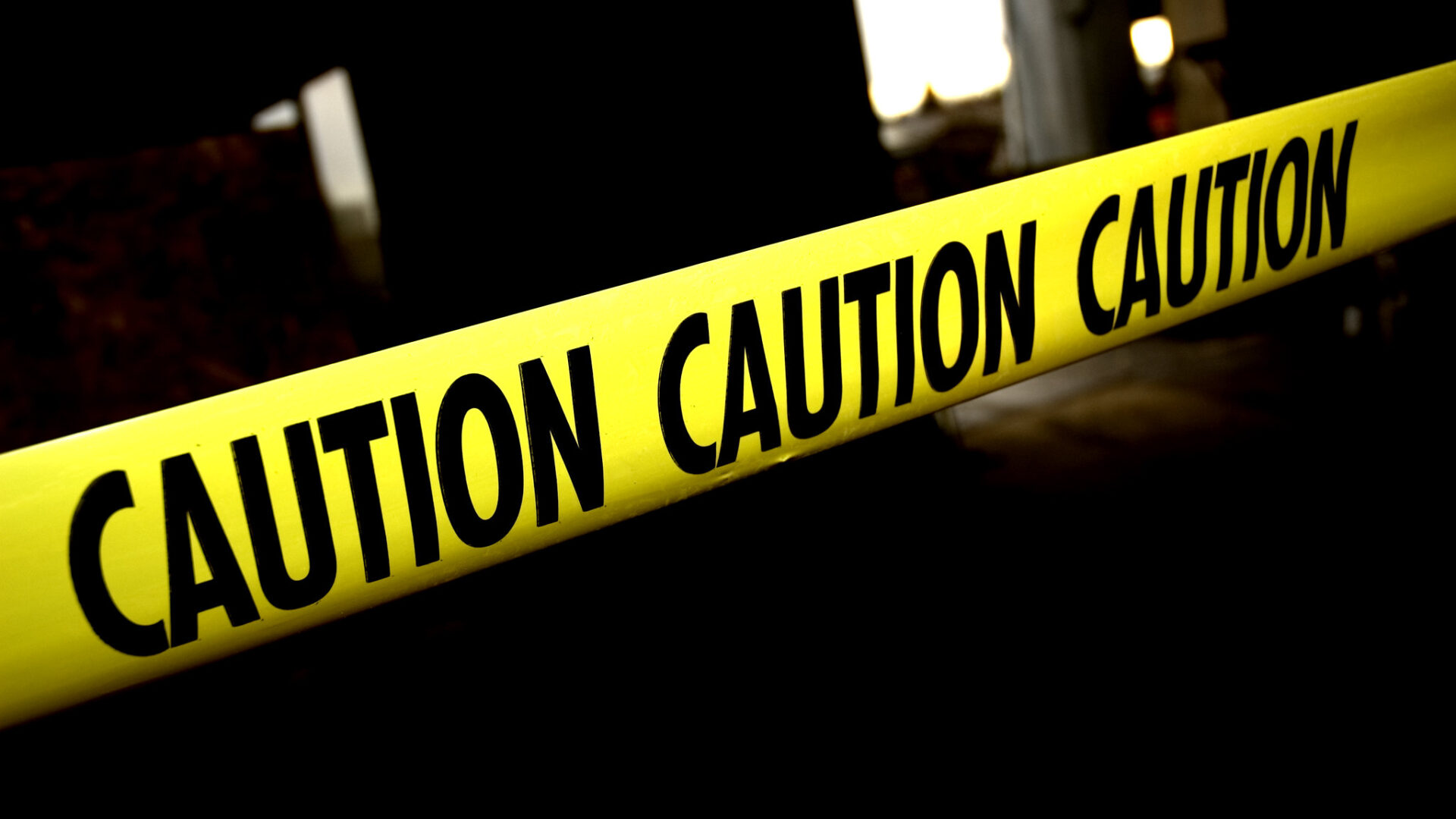How to spot solar panel scams
- Factsheet

The demand for solar energy is skyrocketing across the nation. This is great news!
However, as the solar industry grows and more companies compete for your business, you might notice an uptick in misleading solar advertisements or sales practices — or even outright scams.
(Don’t get us wrong, plenty of solar ads are fine and the solar industry has many reputable providers. With a little due diligence—and help from us if you need it—you can install solar from a reputable company and start saving money with the best of ’em!)
Facebook and other social media sites have become common venues for ads promoting special “low-cost” or “no-upfront-cost” solar programs. These ads often target low- and middle-income homeowners.
Stay up to date on this and other solar issues
And while the idea of spending little to no money on a solar installation may sound tempting, these ads tend to make misleading claims about special government or utility programs that don’t actually exist. It’s a shame that these ads exist, because there are legitimate financing products offered by installers and solar financing companies that can enable you to go solar with little to no upfront costs.
Who’s behind these misleading ads for solar
Private companies, many based far from the communities they target, use misleading ads to generate “leads,” or customers likely to buy their products or services.
When one of these companies captures your contact information through a sign-up form (often by inviting you to “enter your information to see if you qualify”), a salesperson can then contact you to sell a solar loan or financing product.
The salesperson may claim the product has zero upfront cost because of a special government program. While there are legitimate financing options with no upfront costs, they’re almost never special government programs: Claiming that is most likely an aggressive sales tactic by a private company.
What to look out for
As you’re browsing social media or searching the internet, here are a few things to look out for to identify these types of ads:
- Ads that mimic the appearance of an article from an independent publication, with a picture of a politician or government official appearing to sign legislation.
- Ads that exaggerate the upfront cost of a solar installation to make financing appear to be needed.
- Clever language disguising a solar or roof replacement loan as a “special program” sponsored by a government or utility.
- Ads that claim “program funding” is available “only in your area” or “only for a limited time.”
- Ads that claim the Federal Investment Tax Credit (ITC) for solar won’t be available soon.
- Ads that urge you to share your address, contact information, or utility bill to “see if you qualify.” This information is then used by company sales staff to try and sell you a product or service.
Aggressive sales tactics are also an issue
In addition to misleading online ads, we too often hear about aggressive door-to-door solar sales tactics being deployed by some unscrupulous companies.
Confronted with pushy, high-pressure salespeople, homeowners can feel pressured to sign a solar contract or financing agreement they don’t fully understand.
If you’re approached by a door-to-door solar salesperson, here are some red flags to watch out for:
- Stating or implying that a special financing rate or incentive program will only be available for a short time (e.g., 48 hours) to pressure you into signing a contract on the spot.
- Exaggerating the value of small energy efficiency upgrades to over-inflate projected return on investment.
- Implying that a solar system with battery storage or single brand of technology is the only option available. (There are actually many brands of solar equipment and system design options to choose from.)
- Overestimating future utility rate increases to exaggerate your return on investment.
- Offering an instant rebate on an above-market-rate system that will cost you more in the long run.
How to stay safe while shopping for solar
There are excellent local installers working in every U.S. state. With a little due diligence, you can feel confident knowing you’re working with an honest, transparent company.
- Always do your research before signing a solar contract.
- Get competing bids from a few solar installers.
- Ask questions to ensure you understand the details of the proposals you receive.
- Lean on us — that’s what we’re here for! Solar United Neighbors is an unbiased, third-party resource focused on consumer protection and advocacy. We have loads of free resources like our Go Solar Guide and Solar Help Desk.
If you spot a solar scam or see misleading ads…
Have you seen misleading online solar ads or been approached by an aggressive door-to-door salesperson? We want to hear about it! Contact us to get in touch.
And be sure to report misleading ads to Facebook to get them removed.
Get the latest on solar straight to your inbox.
Fight for your solar rights.
Everyone has the right to go solar. Spread the sunshine nationwide and in your local community by taking action, joining events, and more.